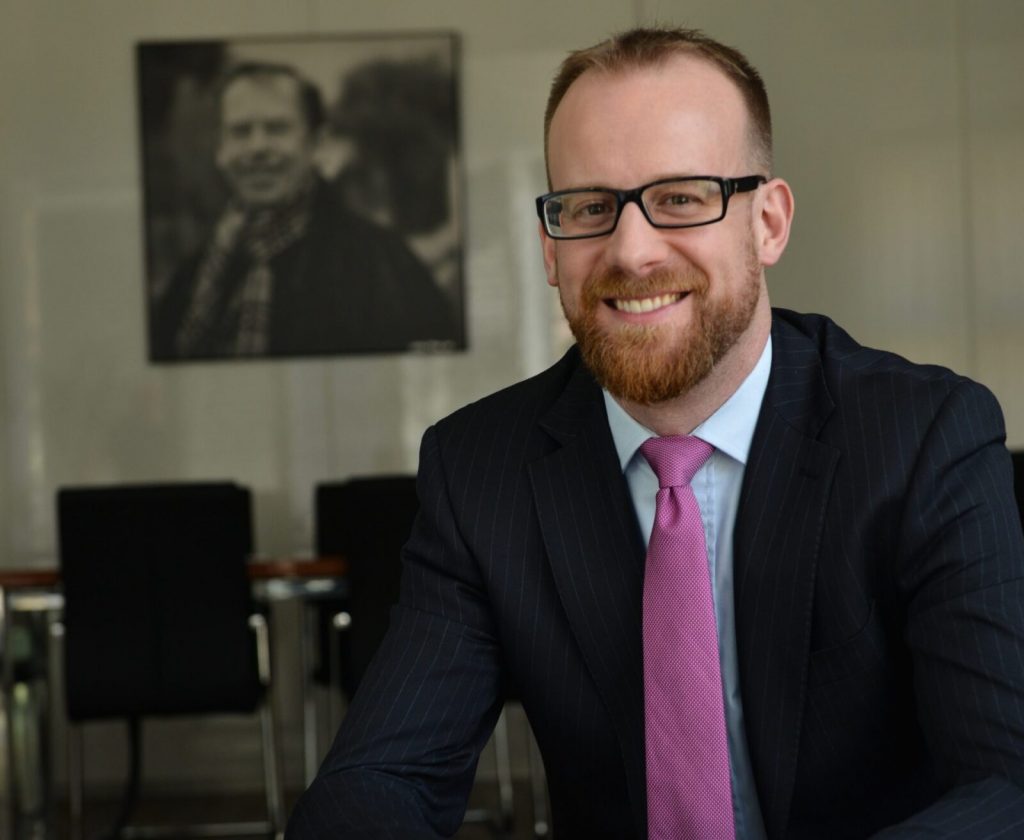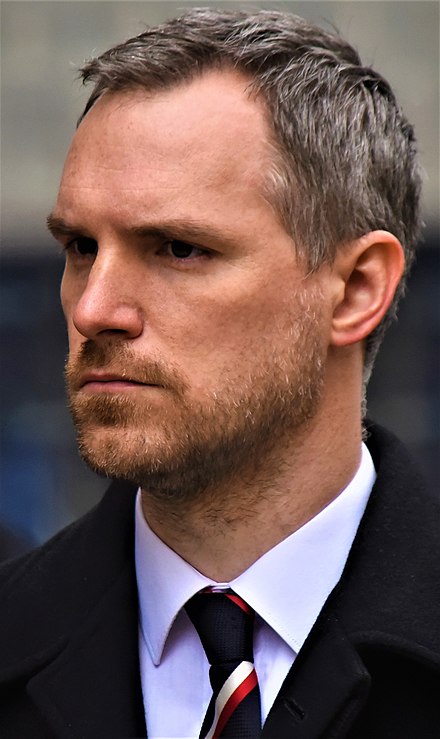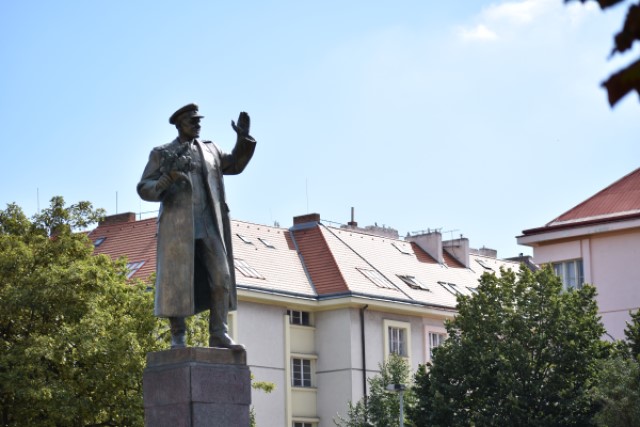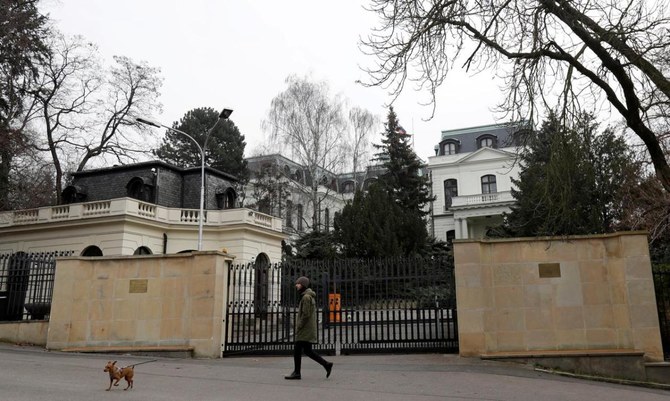Russia keeps practicing political terrorism by murdering foreign political figures and Russian citizens with the help of poison. The situation in the Czech Republic indicates that the motives for such operations went beyond the elimination of political opponents and the individuals accused of treason, and affected foreign politicians whose actions ideologically conflicted with the goals of Russia’s foreign expansion.
According to Jakub Janda, Executive Director Prague-based Center for Security Policy, about three weeks ago a Russian military intelligence officer flew to Prague from where he was transported by diplomatic vehicle to the Russian Embassy in the Czech Republic. On recent reports of the Czech security services, he brought chemical poison ‘ricin’ to assassinate the mayor of Prague, Ondřej Kolář.
After the alleged threat the mayor was taken under police protection; their actions police motivated as ‘risk to the politician’s life’.
The information was proved indirectly. Czech weekly magazine Respekt reported that a person carrying Russian diplomatic papers had arrived in Prague three weeks ago with the objective of assassinating the Member of the Prague City Assembly Zdeněk Hřib and Ondřej Kolář, the Prague mayor

Hřib himself confirmed on Monday that police had placed him under protection more than two weeks ago after identifying a threat against him.

The preparation of the assassination attempt against the mayor of Prague is connected with the topple of the statue to the Soviet-era Marshal Ivan Konev.
In September 2019, the authorities of Prague-6 district, where the monument to Konev is located, made a decision to move the monument to another place or give it to private owners. On April 3, the monument was removed from the pedestal in Prague. The statue was planned to be moved to the storage and then exhibit in the Museum of 20thCentury Memory.
This decision caused an inadequate reaction of Russia and resulted in a series of aggressive operations. The Russian embassy filed a note of protest to the Czech Foreign Ministry and Russian Minister of Defense Sergei Shoygu asked the head of the Investigative Committee of the Russian Federation, Alexander Bastrykin, to prosecute foreign officials involved in toppling the monuments to Soviet citizens (in this context, Moscow in an emphatic manner makes a point of succession of the Soviet Union). The Investigative Committee of Russia considered removal of the Prague-located statue to Konev as a ‘public desecration of the symbols of Russia’s military glory’ and initiated a criminal case.
Russian President Vladimir Putin signed a federal law on criminal liability for the destructing or damaging military graves and monuments commemorating the fallen defending the Fatherland. This law gave a green light to prosecute leaders of Czech local self-government using retroactive force that violates the legal principles of democratic countries. It means that they are prosecuted for the actions that have not been subject-matter of the criminal code at the time they were performed.

Russia went beyond the limits of the national jurisdiction by enabling its law enforcement agencies to prosecute foreign citizens for actions committed on the territory of foreign states in relation to architectural and cultural objects that do not belong to the Russian Federation. According to the official documents, the monument is the property of Prague-6 district. Russia has set a precedent for the persecution of foreign citizens (politicians) for actions restricting Russia’s cultural and ideological expansion that is inextricably linked with its political influence. Moscow considers military symbols (monuments) as an important element in using historical events in the interests of its current foreign policy, emphasizing their exclusivity in the fight against fascism, and, as a result, demanding political benefits (leadership recognition, gratitude, etc.) for the past events.
The Czech-based monument to Konev case is an important signal of Russia’s transition to armed attacks in Europe against persons impeding Russia’s influence strengthening in their countries and falls under Article 5 of the Washington Treaty.
The Russian Ministry of Foreign Affairs indicates that the monument to Marshal Konev is subject to the Treaty on Good Neighbourliness, Friendship and Cooperation between the Russian Federation and the Czech Republic of 1993. However, changing location of the monument does not contradict the treaty and the decision falls under an exclusive competence of local authorities and municipalities having ownership right.
Prosecution of municipal authorities’ representatives (democratically elected by Czech voters) by the foreign state for the actions the local authorities are authorized by the law is an act that violates the principles of international law.
Upon toppling the monument to Konev, the Czech Republic hospitals underwent a series of cyber attacks. According to Czech law enforcement agencies, nearly all IP-addresses tracked in the attacks belong to Russia.
In 2016, the Czech Foreign Ministry was a target of Russia’s cyber attack carried out by the affiliated military intelligence group APT28/Sofacy.
The US State Department stated that the United States notes with concern the warning from the Czech Republic’s National Cyber and Information Security Agency of a ‘real threat of serious cyber attacks’ against its healthcare sector.
The attacks on the Czech healthcare system were carried out by the Information Operations Forces that constitute a part of the Russian Ministry of Defense and are coordinated by military intelligence. Thus, the whole chain of events related to the monument topple is somehow connected with the activities of the Russian Main Intelligence Directorate (GRU).
Hřib was threatened because of his support to rename the square located in front of the Embassy of Russia after Boris Nemtsov, an opposition political slain in sight of the Kremlin in 2015. Both politicians have been outspoken in local conflicts involving Russia.
Thus, the preparation of an assassination attempt on Czech politicians is an intimidation act that Russia has been regularly conducted in Europe over the past 6 years. The use of ricin in the assassination plot is a part of elimination plan with the help chemical warfare agents used by the Kremlin, starting from Alexander Litvinenko, killed with plutonium, and ending with the Skripal incident, where military-grade nerve agent ‘Novichok’ brought to the UK by the Russian military intelligence officer was used.
It is obvious that the world community did not react rigidly enough to the murders committed by Moscow on its territory. As a result, the Kremlin got a strong signal to keep practicing such operations and expand their goals.




